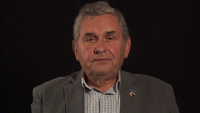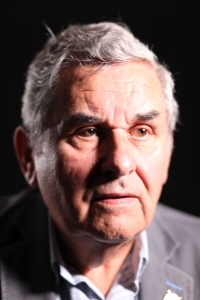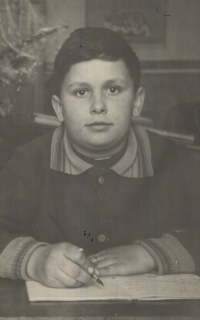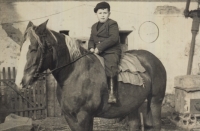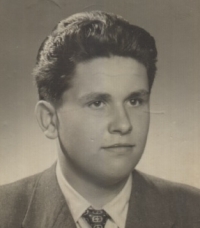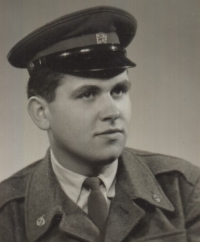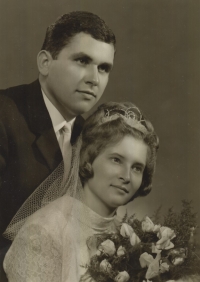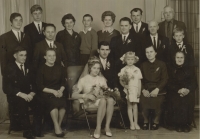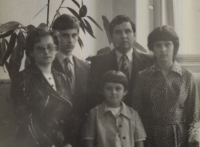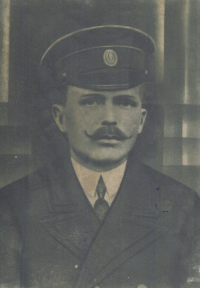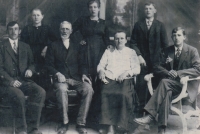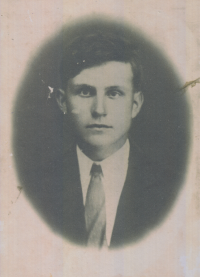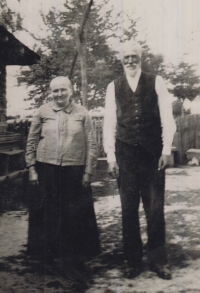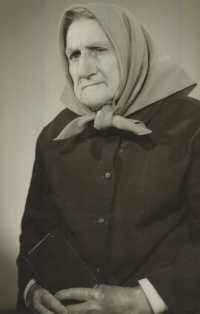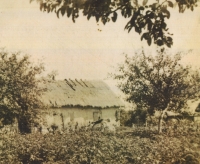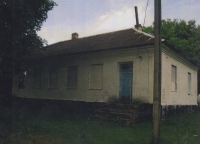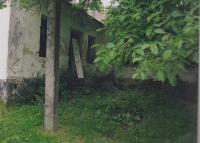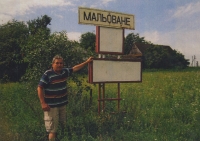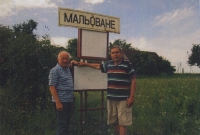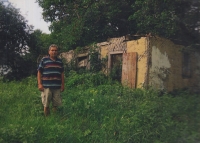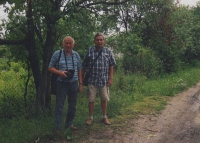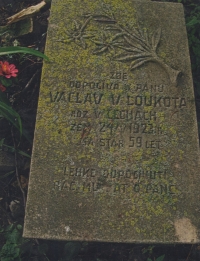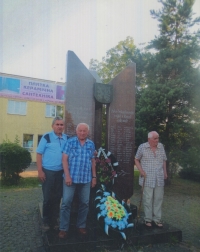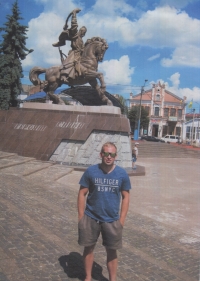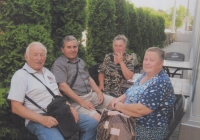Mum knew from Volhynia what Communists do to farmers. But people didn’t believe her

Stáhnout obrázek
Jaroslav Loukota was born in the village of Malovaná near Lutsk in Volhynia, present-day Ukraine, on 16 January 1945. Her family had a small farm there. His father Jaroslav also worked as a wheelwright; his mother Olga earned a little extra as a seamstress. During World War II a number of his relatives, including his father, joined the 1st Czechoslovak Army Corps. Two uncles died during the Carpatho-Dukla Operation, and his father suffered a serious head injury and spent the rest of his life as a disabled war veteran. The witness’s grandmother sheltered a Volhynian Jew, Adam Esterkes, during the war. In 1947 the Loukotas decided to repatriate to Czechoslovakia. They settled down in Kunín near Nový Jičín, where they were given a farm confiscated from deported Germans with 12 hectares of land. They were bitterly impacted by collectivisation. Although their father joined the newly established Kunín Agricultural Cooperative, he renounced membership due to some bad experience and briefly maintained an independent farm. Exaggerated levies on farm yields caused the family to give up farming. After training, the witness worked as a labourer in various enterprises in the region. He converted to Evangelicalism. He married and raised three children with his wife. During the normalisation period, he helped distribute Christian literature and samizdat. After 1989 he started doing business. He has been regularly visiting Volynhia since 1985. As of 2020, he lives in Kunín.
